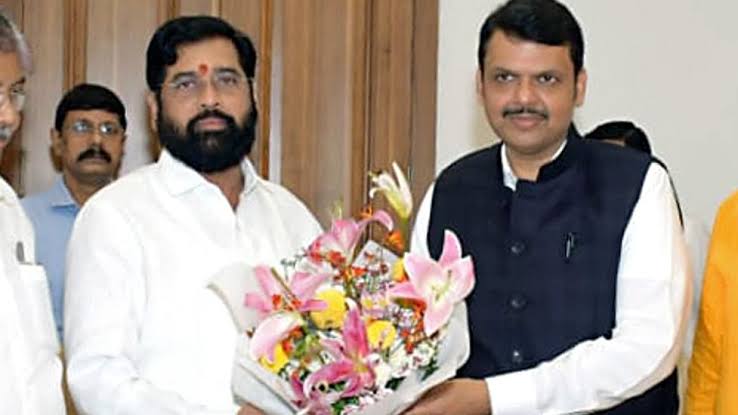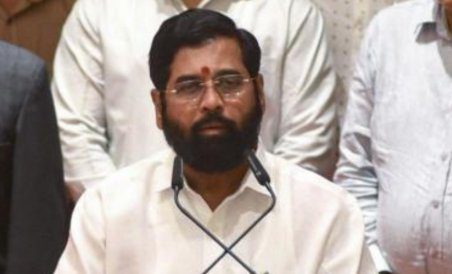“The road to Hell is paved with good intentions.”

A few days back, a road near the Bangalore University campus, which had supposedly been done up with an expenditure of crores, caved in and began to resemble a Martian crater. When pictures of this road appeared in the press and on social media, there was some degree of embarrassment on the part of this government, which has been named the ‘40% one’, especially when a query about this came from the PMO. This time it was hard to pass the buck to the Bescom or BWSSB, so the quick reply was that this road was not done up recently and not the one that the PM had to travel on.
For matters of convenience, it could be called the road less travelled or not travelled at all. It’s hard to follow this line of thinking, as people have been crying for many roads to be fixed, including the Komaghatta Main Road. But the woes of the Aam Janata with regard to civic amenities do not matter one bit. Clearly, a road gets value only if a VVIP traverses on it, barring which, it is probably just a road less travelled.


The road less travelled seems to bear a lot of significance with regard to politics too. In the recent imbroglio of Shiv Sena verus Shiv Sena, Uddhav Thackeray was accused of going against the legacy of Balasaheb Thackeray, by veering away from his roadmap for the party and venturing onto a different path. This was because he agreed to form the Maharashtra Vikas Aghadi, with unlikely partners like the Congress and the NCP.
When it happened, it no doubt seemed opportunistic to many, but Uddhav revealed leadership qualities, including efficient handling of the pandemic and tried to bring the Sena to a more centrist position. He managed to endear himself to people with a sincerity that is less visible in many leaders, whose feet cease to touch the ground.
Again, Karnataka has seen the Janata Dal S forking out its own road under the leadership of H D Kumaraswamy. Whilst patriarch Deve Gowda is known to be secular, Kumaraswamy has signed pacts with both the BJP and the Congress, to be able to hold on to the CM’s post. At his doorstep can be laid the cause for the saffron party making inroads into the South, as Kumaraswamy went back on his power-sharing arrangement with then BJP leader, Yediyurappa. With the Assembly elections around the corner, one is still unsure about which path Kumaraswamy will choose to tread on.

Opportunistic alliances on unlikely roads have been the order of the day in Indian politics. V P Singh, who broke away from the Congress, formed a coalition called the National Front with the DMK, AGP and TDP and the support of ideologically opposite parties, the BJP and the Left. Needless to say the government did not last for even a year, split over ideological issues.
In Jammu and Kashmir, Mufti Mohammed Sayeed’s alliance with the BJP and later his daughter, Mehbooba Mufti, opting to continue with the alliance, sowed the seeds for the taking down of Article 370.
So, in the Indian politics, one can conclude, “the road to Hell is paved with good intentions.”
This article has not been edited by our staff and has been posted to keep the users updated about the things happening in and around the world.






